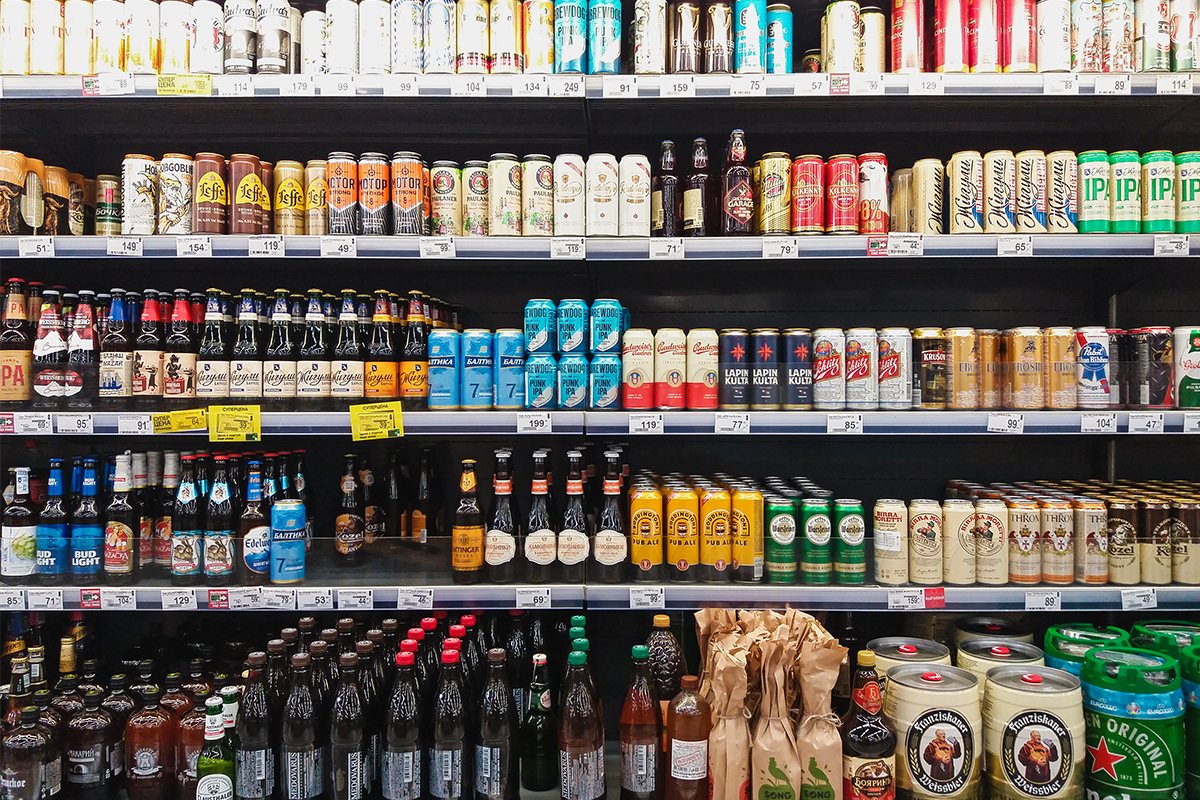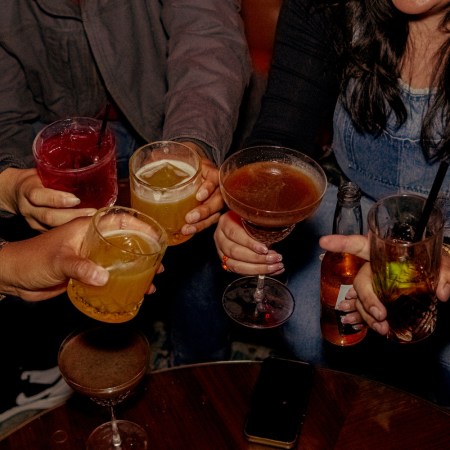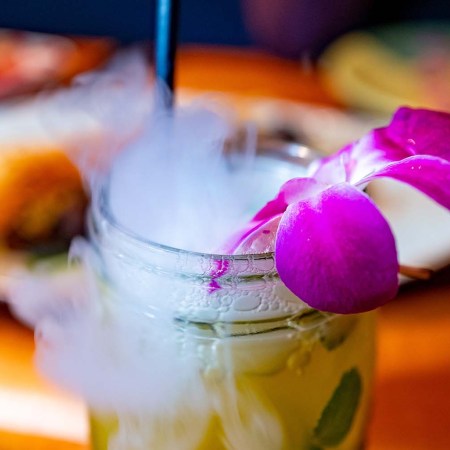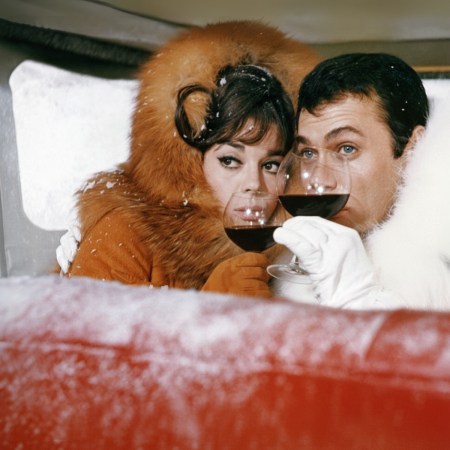Dry January has rather humble roots, starting as a public health campaign for an English charity in 2013. But in the near-decade since, it’s become a global phenomenon: last January, one in seven Americans participated in the movement.
If the goal of participation was to reduce drinking throughout the year, though, the month isn’t working. While Dry January has been linked to weight loss, better sleep and even clearer skin, some medical experts are wary of short-term abstinence, and suggest it could actually lead to an uptick in drinking in subsequent months.
It’s similar to coming off a restrictive diet — going 0 to 60 after you’ve sworn off sugar for weeks can rapidly reintroduce cravings while erasing all the hard work you’ve already done. It’s telling that in September of this year, one in five Americans self-reported that they were “drinking heavily” to manage pandemic-induced stress.
We have a tendency to reserve certain portions of the year for certain behavioral approaches. Right now, over the holidays, it’s okay to overeat and binge drink. But next week? Time to get serious.
This stop-and-start ideology can put physical stress on the body while crushing our confidence. We never feel like we’re getting anywhere, or sustaining (if even meeting) any of our goals. One way forward might be “mindful drinking.” The term’s been around since 2017, and it calls for imbibing with intention. No more end-of-day drinks because it’s been a long day. Interrogate your relationship to alcohol. How much are you drinking? Who are you having it with? Why do you need it now?
There’s another popular term for this reframing: “sober curious.” Mindful drinking is the first approach to mix meditation with moderation, though. That doesn’t mean actual meditation (though, as The New York Times points out, such sessions have helped heavy drinkers cut back), it’s more of a call for reflection. Alcohol does some of its worst damage when we refuse to acknowledge it, when we sort of just let it happen to us.
Mindful drinkers don’t just take January off and post about it on social media, fishing for likes like they’ve run a marathon. They take up to 100 days away from alcohol, and think about what that distance achieves on their own terms. They leave events when the only reason they’re still there is to drink. They practice the rule of three (three drinks or less, three nights or fewer a week). They eat food and drink water while drinking alcohol. And they focus on the experience itself — What does it taste like? If you could care less, well, that’s something to think about.
If you have an alcohol use disorder, the “persona journey” nature of sober curiosity is not for you. You should instead seek medical help. But for others on the spectrum, heading into a month where many around you are planning on trying a 30-day abstinence sprint, try to focus on the long year ahead. You won’t regret it.
The Charge will help you move better, think clearer and stay in the game longer. Subscribe to our wellness newsletter today.



















